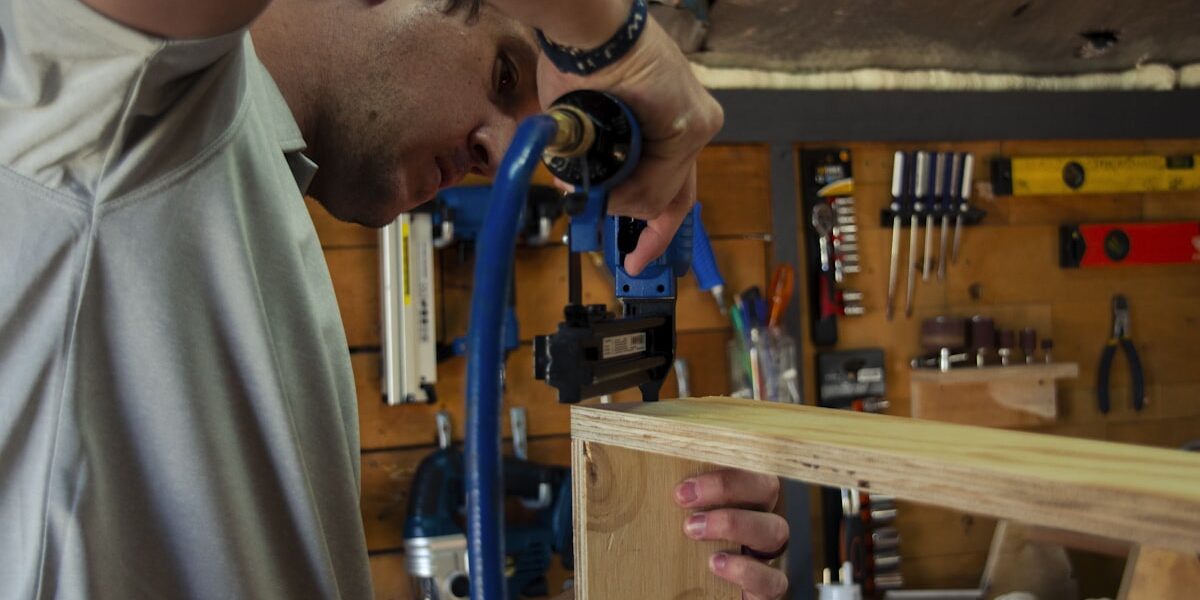The Versatile Utility of Plywood Carts
Plywood carts are integral tools in various industries. Their utility spans across construction, warehousing, gardening, and even in smaller workshops. The fundamental design involves a flat surface mounted on wheels. This simplicity hides a wide array of uses. The choice of plywood as the material offers several advantages.
Materials and Construction
Plywood is a composite wood material. It’s created by gluing together thin layers of wood veneers. This cross-graining gives plywood its strength and resistance to splitting. Unlike solid wood, plywood is both sturdy and lightweight. This makes it an ideal choice for mobile platforms.

- Durability: Plywood carts can withstand significant weight. The cross-laminated structure distributes the load evenly.
- Flexibility: Plywood comes in various thicknesses. This allows customization based on the intended load and use.
- Cost-Efficiency: Compared to metal or plastic alternatives, plywood is more affordable. It’s a natural material that offers a balance of cost and performance.
The construction of a plywood cart usually involves a framework of metal or wood. The casters or wheels enable smooth movement. Some carts also feature handles or other modifications for easier maneuverability. This setup makes it easy to transport heavy or unwieldy items with minimal effort.
Applications in Different Sectors
In construction sites, plywood carts help move materials efficiently. Workers can load them with tools, cement bags, or other supplies. This saves time and reduces physical strain. The flat base provides ample space, making it easy to stack and organize items securely. Unlike barrows, these carts maintain a level surface. This is crucial for transporting delicate or balanced goods.
Warehouses utilize plywood carts due to their versatility. They assist in managing inventory, moving boxes, and organizing stockrooms. Their lightweight nature allows workers to navigate tight spaces. Adjustable carts can also adapt to different shelf heights, making stock retrieval easier.

For gardening enthusiasts, these carts are a boon. They can carry potted plants, soil bags, and gardening tools. The wooden base avoids unnecessary vibrations. This protection ensures plants and soil remain intact during transit. For those with large gardens, the mobility of a plywood cart reduces the burden of manual labor.
Home and Workshop Use
Beyond industrial uses, plywood carts find their way into home garages and workshops. They serve as mobile tool stations. Craftsmen and hobbyists find them useful for moving projects between workstations. A cart can hold tools, materials, or even serve as an impromptu workbench.
DIY enthusiasts often construct their own plywood carts. The process is straightforward. A few sheets of plywood, some screws, and a set of wheels are enough to start. This personalized approach allows customization based on the specific needs of a project or workspace.
Customization and Enhancements
Plywood carts are easily customizable. Adding partitions can create sections for tools or slotted spaces for DIY projects. Adding a lip or raised edge prevents items from slipping off. This feature is particularly useful in busy environments where the cart must navigate uneven terrain.
Options like removable side panels or foldable designs enhance utility. These enhancements cater to modular storage needs. They can adjust to the specific context or task requirements at hand. Plywood’s easy workability means modifications and repairs are straightforward. Simple adjustments with basic tools can effectively adapt the cart’s function.
Environmental Impact
Plywood production utilizes sustainable forestry practices. Using wood efficiently minimizes waste. Many manufacturers source wood from responsibly managed forests. This approach supports ecological balance while meeting industrial demands.
Aside from its origin, plywood’s durability extends the life cycle of a cart. Compared to single-use plastics or short-lived materials, plywood is more sustainable. Its capacity to be recycled or repurposed adds to its environmental benefits. Even old or damaged carts can find new life in creative projects or as reclaimed wood.
In essence, plywood carts represent a blend of practicality and innovation. Their simplicity belies the underlying flexibility and reliability. Whether in bustling industries or personal workshops, their role is invaluable. The straightforward design, coupled with the adaptability of plywood, makes these carts a staple tool across diverse settings.
“`

